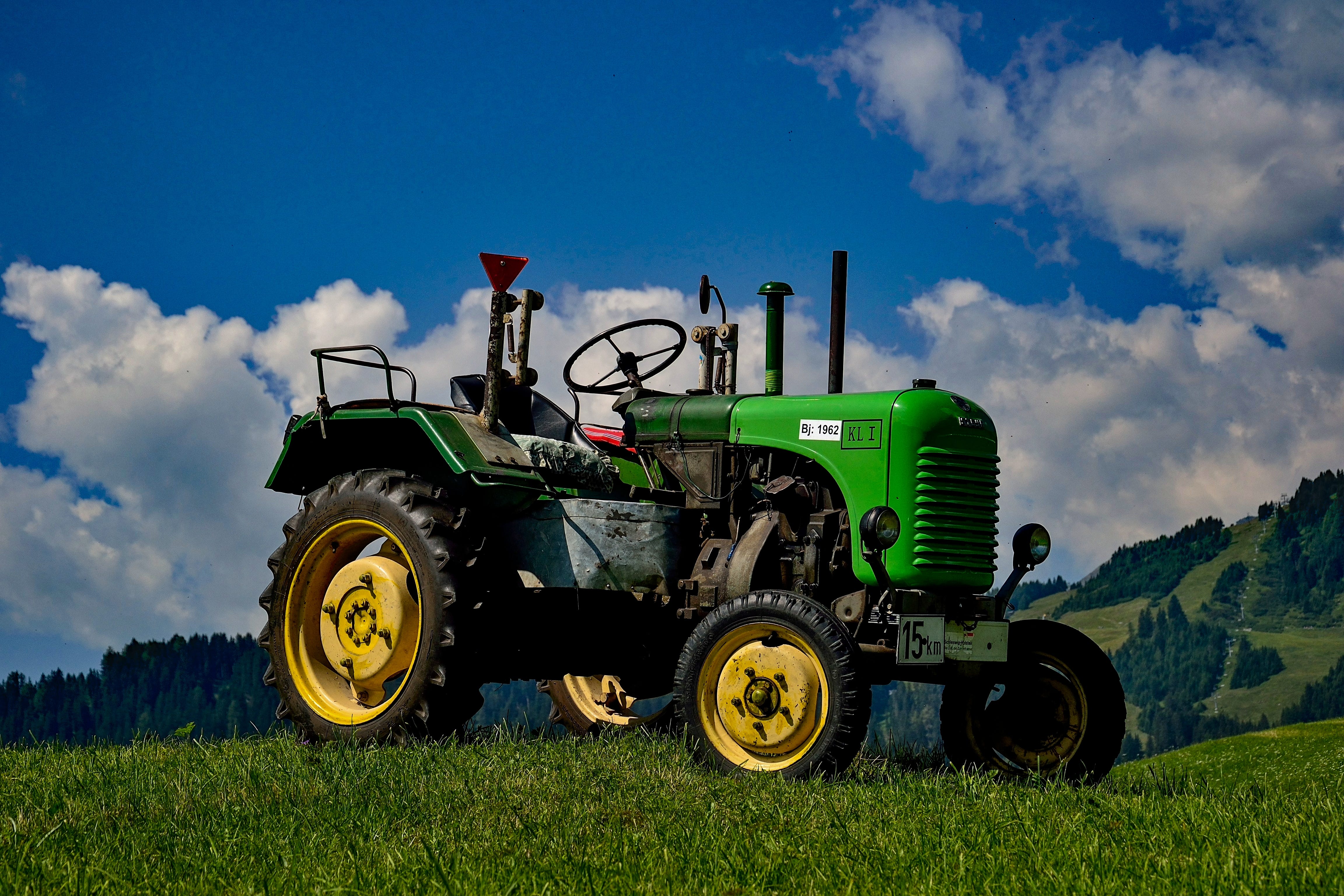
The greatest security threat in America today is probably John Deere.
Yes, the tractor company poses a more immediate and present danger to our lives than any of the top secret files Donald Trump stole (and maybe sold) to foreign governments. As my fellow Medium writer Cory Doctorow pointed out in this recent piece, the company has designed its tractors so that they can’t be serviced or reconfigured except by an authorized technician with the right computer codes.
Let’s leave aside for a moment that the company is arguing that farmers paying $600k for a piece of equipment don’t actually “own” it. Or that the company can refuse to fix a dissatisfied farmer’s tractor unless they agree to a gag order about the company’s practices. Or that John Deere’s remote kill switches give the company the ability to lock farmers out of their own tractors—a feature the company celebrated by bricking equipment that was seized by Russia in Ukraine.
The bigger problem is that the code John Deere uses to maintain exclusive control over farmers’ equipment is actually quite insecure. As Doctorow puts it, “a dumpster-fire of information security worst practices.” At Defcon last month, he watched as a hacker named Sickcodes jailbroke a John Deere tractor live on stage. This means that just as John Deere could lock any farmer out of their own tractor, anywhere in the world, a hacker anywhere in the world could lock virtually the entire American farming industry out of its equipment.
That’s because John Deere not only has machines that can be locked by a malicious hacker (or government, terrorist, or enterprising North Korean high school student), it also has a monopoly on American farm equipment, having purchased or eliminated the competition. Both the company’s business practices and the underlying business monopoly make our agricultural system more brittle.
If the tech billionaires in my new book are any indication, I’m guessing that John Deere executives have access to local farms with unlocked Deere tractors or, more likely, older pre-computerized models or ones from overseas manufacturers. Or if they’re not thinking quite that far ahead, they are making what I call “the insulation equation” in their own heads: they believe they are earning enough extra money through these dangerous practices to buy and hoard food if and when the agricultural catastrophe occurs.
So, in order to protect one company’s dominance over its own customers as well as the obscene wealth of its biggest shareholders, American agriculture has been rendered open to rather totalizing attack. Or even just systemwide malfunction. The only real source of resilience would be much smaller farms that use alternative equipment, or those who have gotten hackers to jailbreak their tractors (in ways that don’t get noticed by the John Deere mothership).
The longer term answer is distributism, what we now call “platform cooperativism” or worker-ownership of equipment. Imagine if a farmer’s cooperative owned John Deere — or even a machinists cooperative — instead of shareholders who believe they are impervious to the business practices of the company.
It’s not the technology itself that’s the problem! I’m not critiquing technology. Rather, like the Luddites I’m a great fan of technologies that empower workers and small business owners, and a critic of those that are designed to extract value from people and places in ways that render them more dependent on central authorities, less able to exercise autonomy, and more vulnerable to catastrophe.
The big difference today — the difference our technology-enthralled billionaires don’t seem to get — is that the selfish decisions they are making don’t just affect the workers, the customers, or the poor. They have systemwide repercussions, exacerbated by monopolies and the brittleness they engender. The sooner they can be convinced there is no escape from the decisions they are making on all our behalf, the more they may start behaving like they, too, have skin in this game.
Even tech billionaires have to eat.